How to Start a Farm to School Program With a Freight Farm
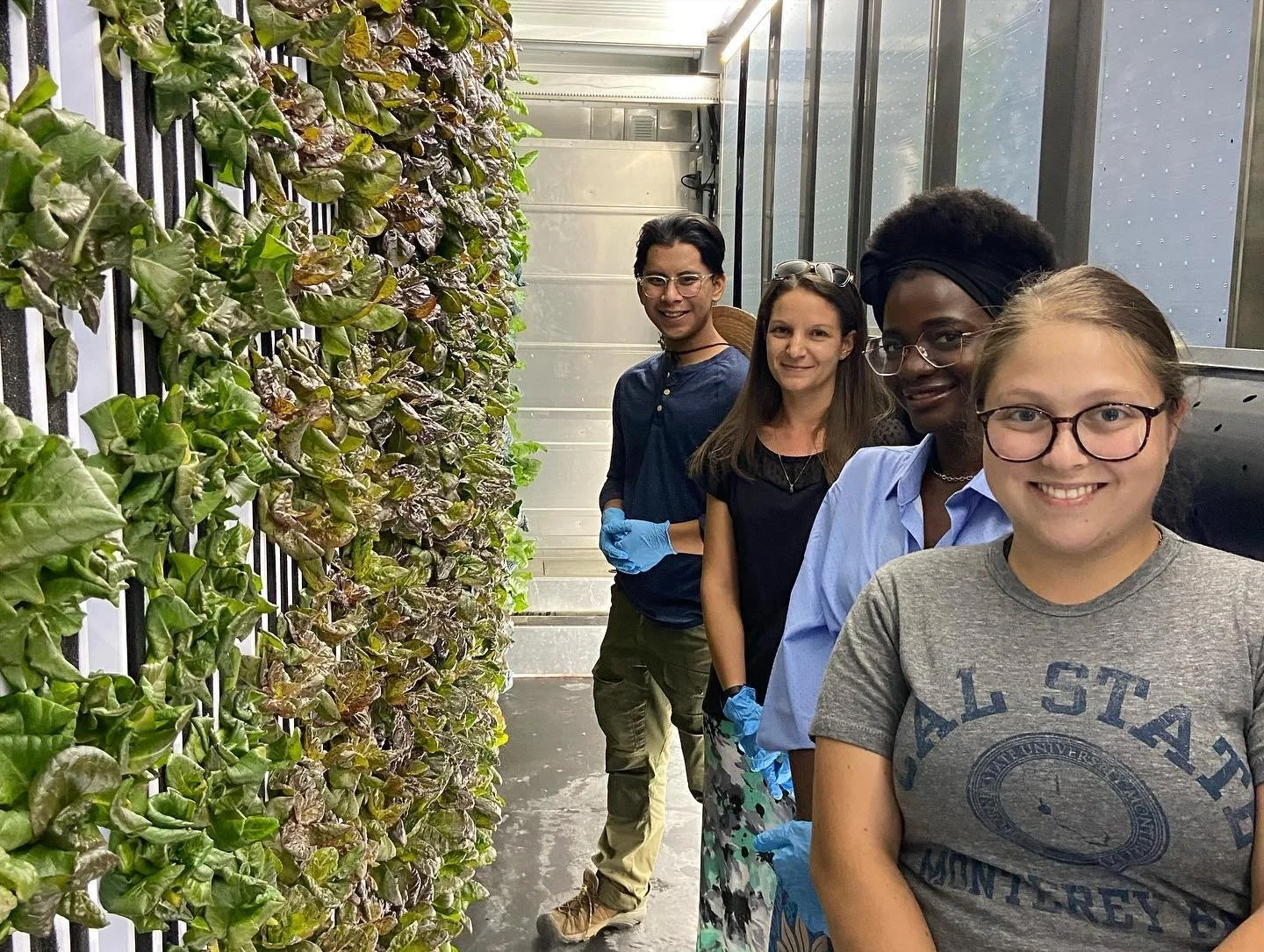
October is National Farm to School Month!
We’re proud that so many schools use our hydroponic farming technology for their farm to school program. From California to Massachusetts, Freight Farms are put to work to achieve each of the pillars of farm to school: local food sourcing; student access to healthy food; and learning opportunities. In this blog, we explore each.
Local Food Sourcing
Core to farm to school is the practice of sourcing food from local producers rather than large distributors. That’s easy to do when you have a container farm on site. Each Freight Farm produces over 200 lbs of lettuce each week to fill cafeteria meals with locally grown produce.
Example:
Morgan Hill Unified School District in Morgan Hill, CA, grows 60% of their lettuce needs (to feed 9,000 students) in just one Freight Farm. The Nutrition Department, which operates the farm, is so thrilled with the result that they are bringing a second farm to the school district, so as to grow 100% of the lettuce they need right on site.
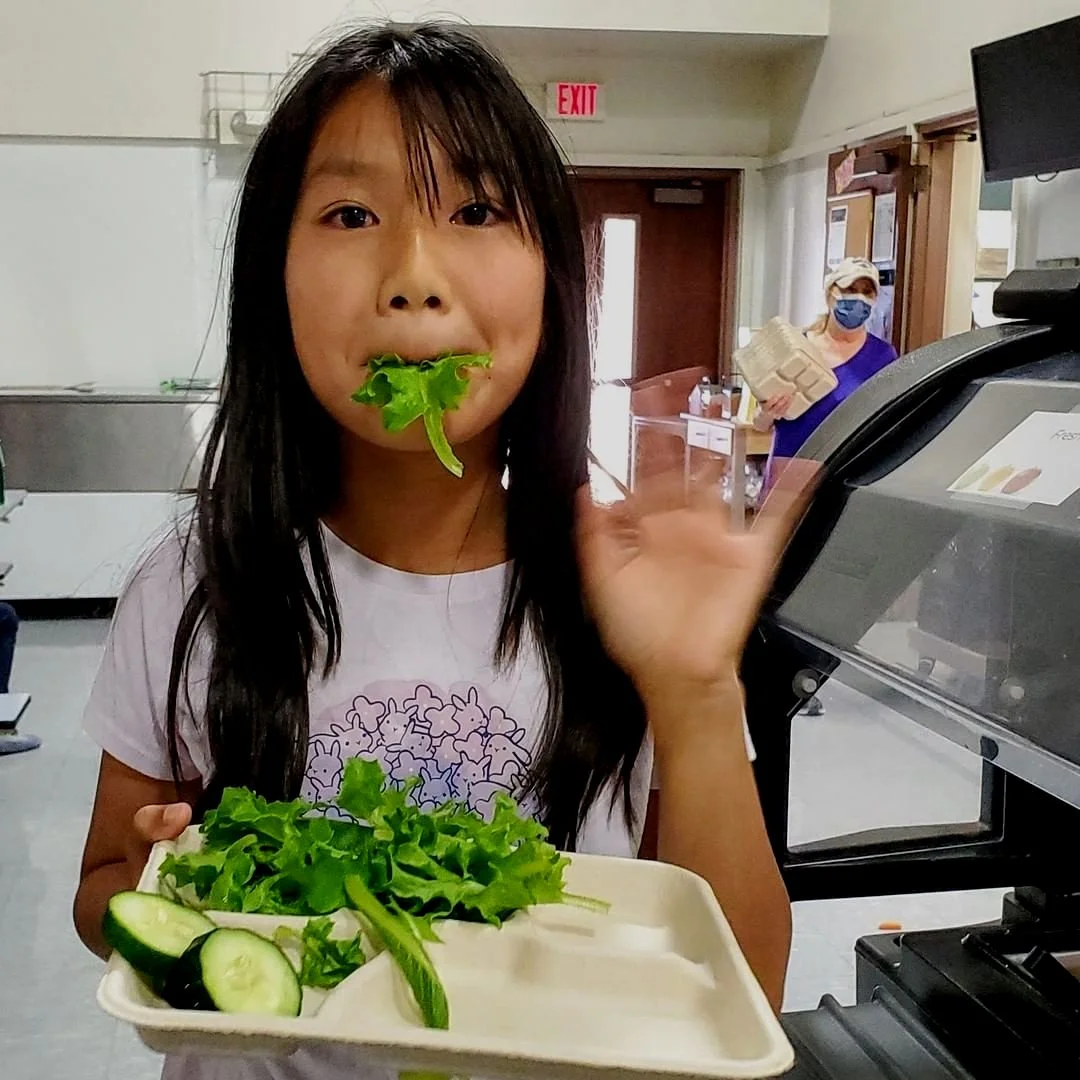
Access to Nutritious Foods
It’s simple: Growing healthy produce at your school and sending it straight to the cafeteria ensures that students will have access to that healthy produce. Plus, as a bonus, freshly harvested greens offer a lot more nutritional value than sad iceberg lettuce that has been shipped halfway across the country.
Example:
Albany High School in Albany, NY, is located in a food desert. The school’s Freight Farm provides critical access to healthy, fresh food for their students in addition to learning opportunities. Albany High School’s farm is funded in part by a USDA Farm to School grant.
Learning Opportunities
With a Freight Farm, your school’s students have everyday access to growing plants, offering myriad opportunities for hands-on learning experiences with the vegetables in the farm. Your teachers can bring classes out to the Freight Farm for lessons applying to a wide range of subjects: plant science, botany, biology, and nutrition — but also business management, physics, marketing, and more! We explore the uses of Freight Farms as a platform for STEM learning in a previous blog.
Example:
Teachers at Mountain Vista High School in Highlands Ranch, CO, bring students out to their school farm for lessons relating to spectrometry, pH, and microbiology. Their Freight Farm is also the platform for a robust agriculture business course.
Learn more about how to elevate your farm to school program by partnering with a local Freight Farmer or bringing a Freight Farm directly to your school!
Urban farming, traditionally seen as a method to combat food deserts and promote sustainability in city landscapes, has rooted itself within a novel environment: the educational sector. This integration of agriculture into daily learning activities is not merely about planting seeds but about sowing the fundamentals of science, responsibility, and teamwork among young learners.
We had the opportunity to exhibit at the 2022 FFA National Convention and Expo, and were blown away by the event. We were consistently impressed by the FFA students’ maturity and knowledge and their advisors’ passion. The experience only solidified our belief that hydroponic container farms and FFA chapters are a perfect match. Read our full takeaway from the event!
Container farming gives you a better work-life balance and an active and relaxing work environment — plus 14 other great perks! The Greenery S indoor farm is the perfect platform to change your life.
School meals are the only ones many children regularly receive, and it's your challenge to America, Mrs. Obama, to put 6,000 salad bars into schools. While it's evident your challenge has effectively increased the number of salad bars in schools, we think we can help deepen your impact with our modular vertical farming technology. Why is container farming perfect for schools? We'll tell you.
We’re proud that so many schools use our hydroponic farming technology for their farm to school program. From California to Massachusetts, Freight Farms are put to work to achieve each of the pillars of farm to school: local food sourcing; student access to healthy food; and learning opportunities. In this blog, we explore each.
Many schools use Freight Farms as teaching tools. Vertical farms make for an effective platform for kinesthetic learning — especially for STEM subjects. We explore the ways 12 STEM subjects relate to container farms, and the agriculture STEM projects that can arise from this nontraditional learning tool.
Hydroponic container farms are good for more than just growing vegetables! They also offer an organic platform for social emotional learning. Learn how students have the opportunity to grow alongside their peers and the leafy greens as SEL skills and seeding mix.
At Freight Farms, we work with campuses to integrate hydroponic produce into dining services and school curricula. Read on as we explore the ways a vertical farm S can transform your campus culture and identity.
When Jack Levine first started college at Clark University in Worcester, Massachusetts, he had never heard of container farming, let alone imagined it as a career. Today, he’s paying the experience forward by bringing sustainable indoor farming to schools and organizations around the state.
During our conversation with Saint Joseph’s College of Maine, we discussed the unique way the farm arrived on campus, how students found their callings through a part-time job at the farm, and a very cool new certificate program called the Institute for Local Food System Innovation.
Around the country, private, public, charter, and vocational schools are looking for ways to add school sustainability initiatives, many turn to container farming as a way to nurture hands-on education in the classroom and good nutrition in the cafeteria.
Saint Joseph’s College is using its campus hydroponic container farm as a platform for student employment and engagement, inspiring students to pursue sustainable lifestyles during and after college.
Whether looking to supply sustainable food, jumpstart modern agriculture curriculums, encourage student engagement, or simply grow the best greens around, universities around the country are relying on hydroponic container farms to create impactful farm to campus programs.
Maryville University's farm is co-operated by the University and Fresh Ideas, their food service company. In this article, we hear from Maryville’s resident farmer on her role in the farm and other sustainability ideas for schools.
Gen Z is leaving the comforts of home and heading to their college campuses of choice. As colleges and universities look to appeal to this new demographic, they can’t discount the importance that food will play in students’ matriculation decisions and on-campus engagement.
In part two of this blog series, we’re breaking down the Question and Answer section of our webinar with Clark University and Sodexo.
Incorporating a Leafy Green Machine into dining services is a fantastic way to demonstrate a commitment to sustainability, as well as engage with students around food and promote nutrition and wellness.
In January 2016, Clark University and Sodexo brought the LGM to campus to provide students the freshest greens possible. Since then, their student operator has successfully been growing hyper-local produce just feet from where it's served in Clark's dining hall.
UMass Dartmouth is growing a variety of lettuces that are fed directly to students in the dining halls, traveling just feet away from where they were grown on-site in the LGM.
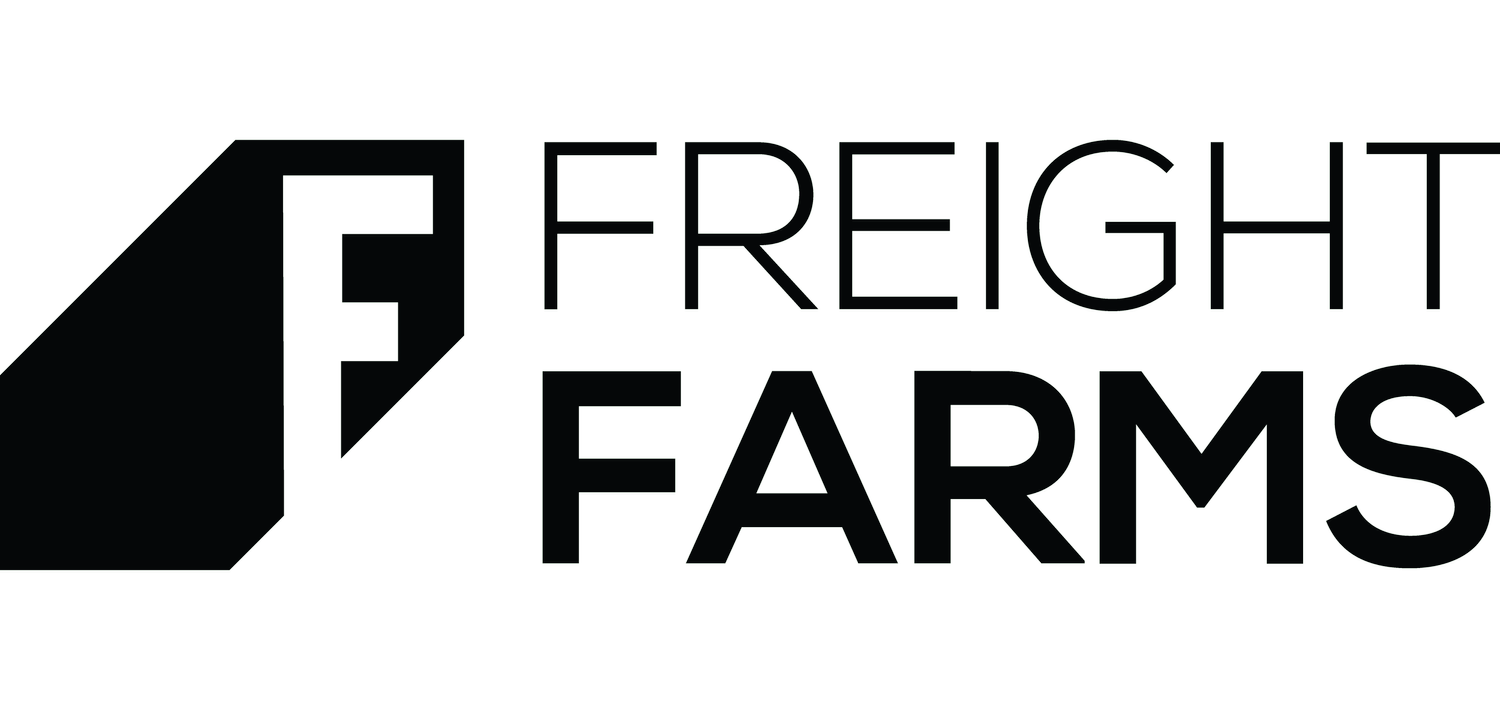
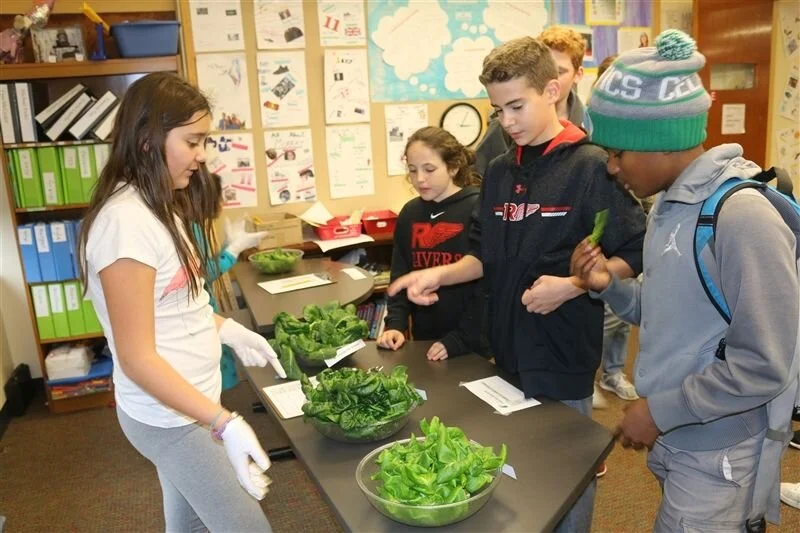
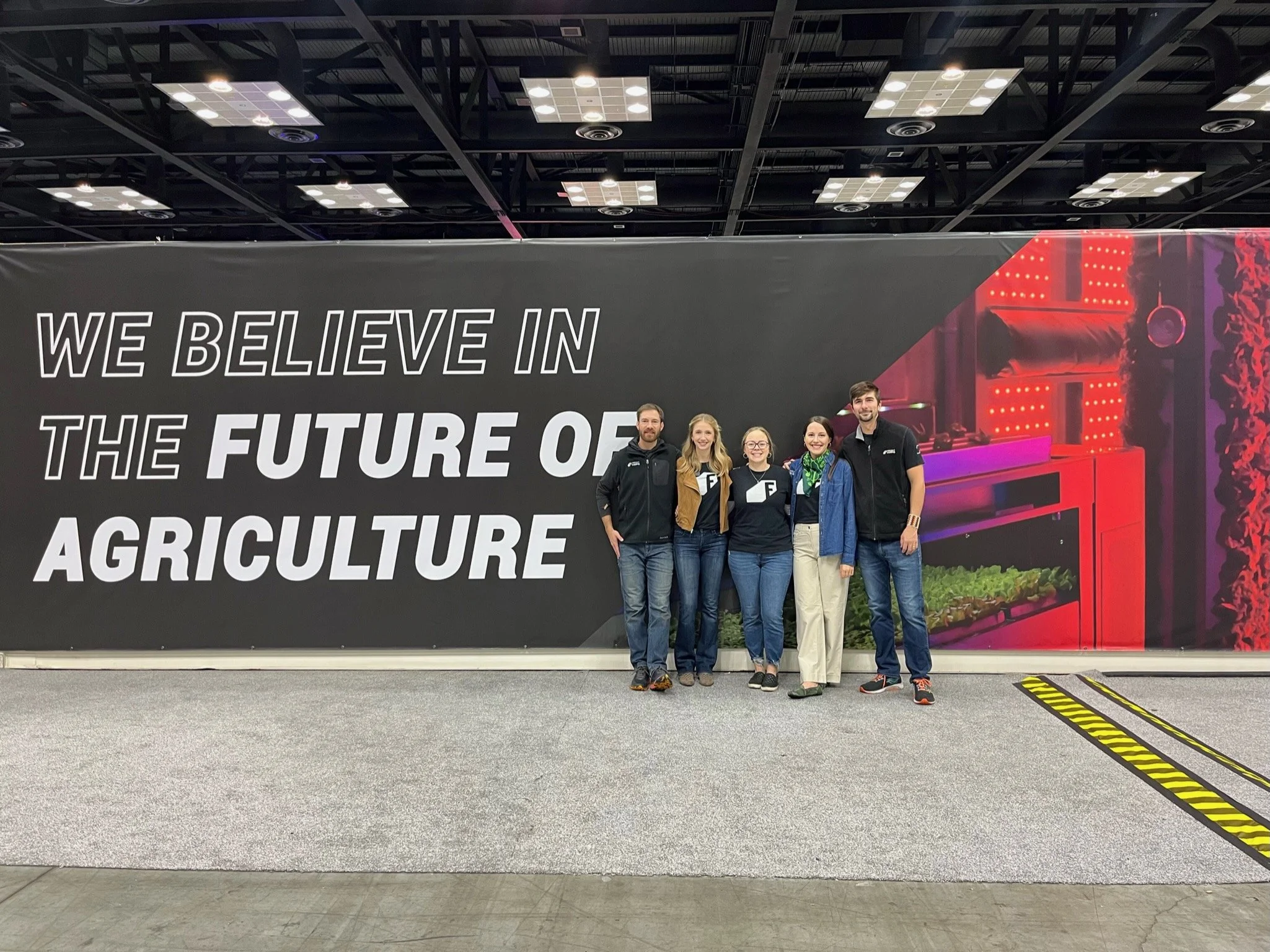



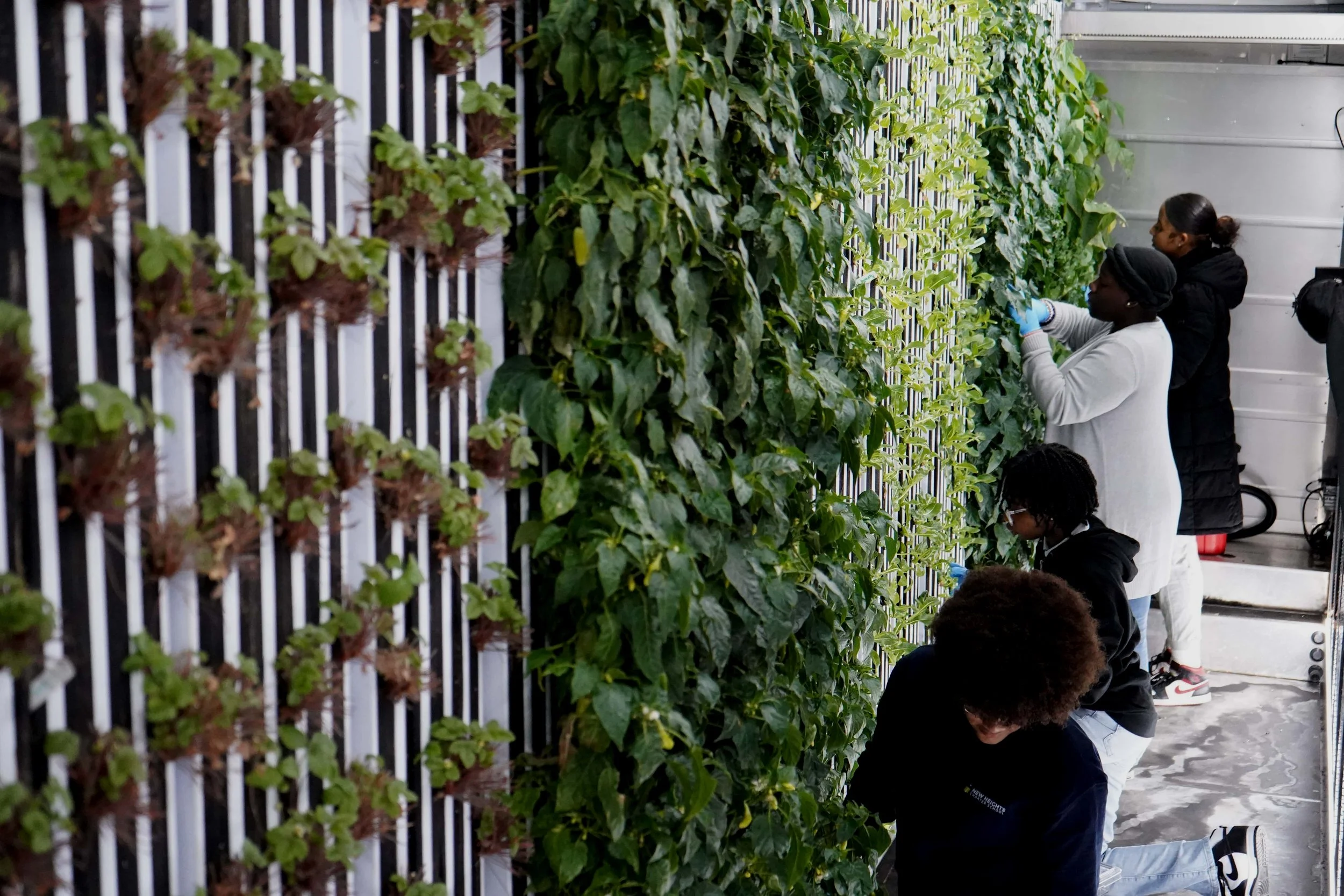






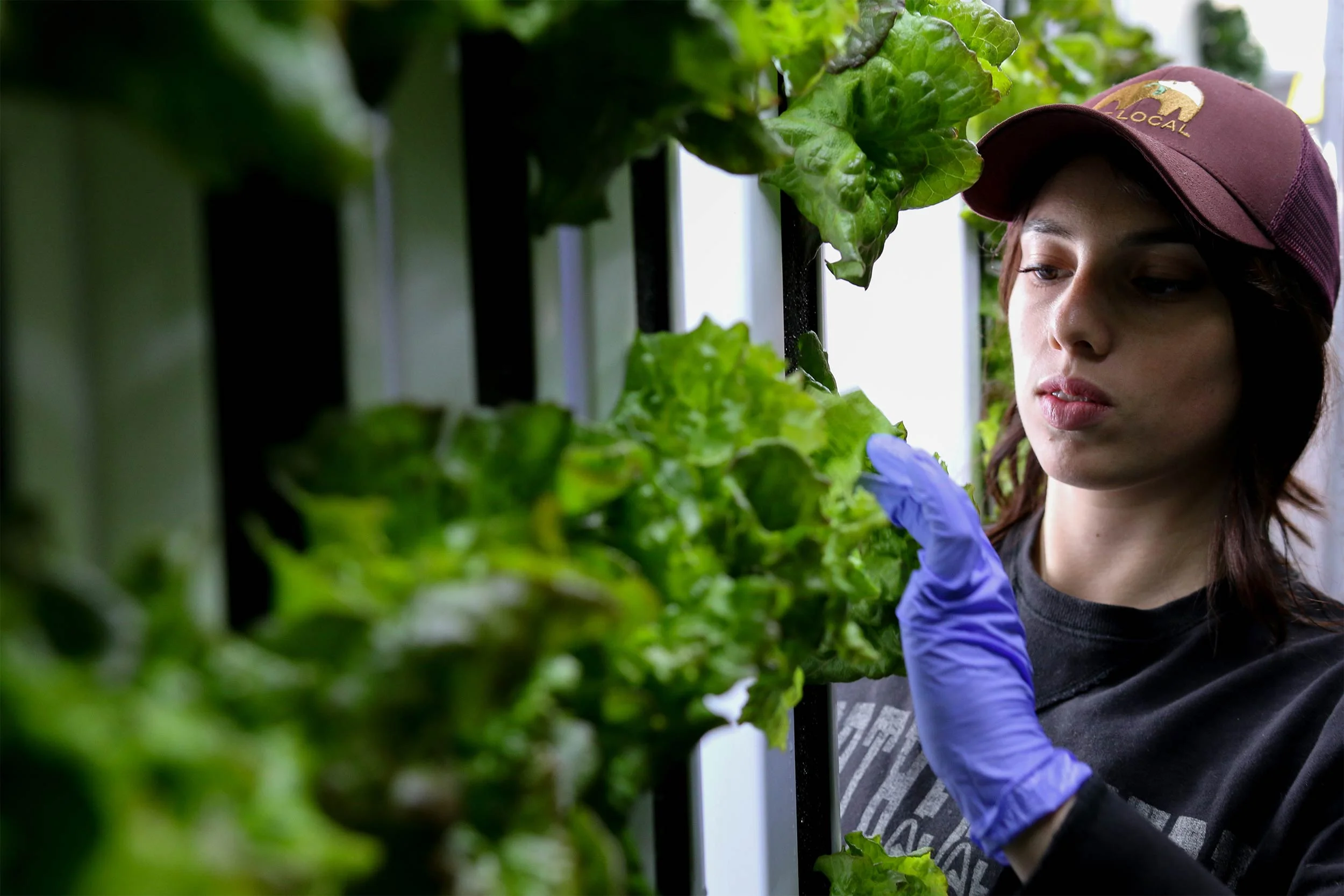






How do I find someone to manage the Club Freight Farm? How do I raise funds to sustain a Club container farm? How do I build a curriculum around a Freight Farm? What support do you provide? We answer Boys & Girls Clubs' top 7 FAQs around starting and sustaining a Club container farming program.